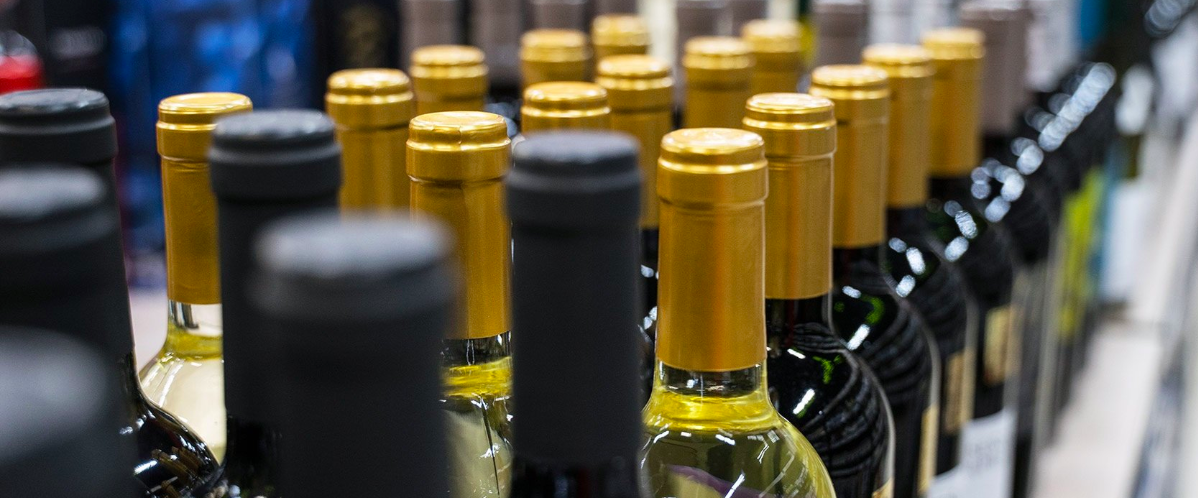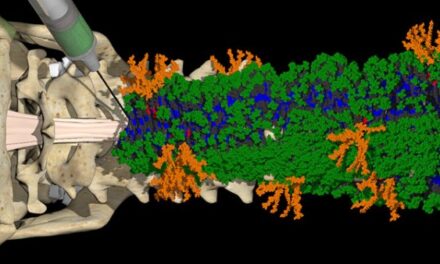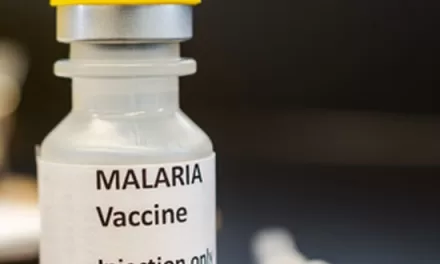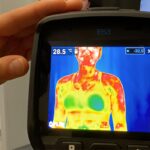
Isabelle Soerjomataram, PhD, from the International Agency for Research on Cancer (IARC) in Lyon, France, emphasized the critical need to raise global awareness about the direct association between alcohol consumption and cancer risk. She delivered this message at a dedicated session on alcohol and cancer during the European Society for Medical Oncology (ESMO) Annual Meeting in 2023.
Soerjomataram underscored that the awareness of the link between alcohol and cancer remains alarmingly low on a global scale. She urged health professionals, including oncologists, nurses, medical doctors, and general practitioners, to play a pivotal role in disseminating this knowledge, potentially leading to reduced alcohol consumption.
Session chair Gilberto Morgan, MD, a medical oncologist at Skåne University Hospital in Lund, Sweden, concurred with Soerjomataram. He pointed out that healthcare providers often underestimate their influence on patients’ drinking habits and frequently neglect to address these behaviors. Morgan emphasized the need for a shift in this approach.
“We have no problem asking patients about their supplement or vitamin intake or their dietary habits,” Morgan noted. “So, what’s the difference? Why not recommend that they reduce their alcohol consumption and leave the choice up to each individual?”
During the session, Soerjomataram presented global statistics on alcohol use. IARC data revealed that nearly half (46%) of the world’s population consumes alcohol, with higher rates in men (54%) compared to women (38%).
Regarding consumption levels, on average, individuals globally consume about six liters of pure ethanol per year per drinker, equivalent to approximately one bottle of wine per week. However, consumption patterns vary significantly by country. For instance, in France, people consume about 12 liters per year, or roughly two bottles of wine per week.
Soerjomataram emphasized the strong connection between alcohol consumption and cancer. According to IARC data, heavy drinking, defined as more than 60 grams per day or about six drinks daily, is responsible for 47% of alcohol-attributable cancers. Risky drinking, falling between 20 and 60 grams per day, accounts for 29%, while moderate drinking, less than 20 grams per day or about two drinks daily, contributes to roughly 14% of cases of alcohol-attributable cancers.
Globally, alcohol intake was responsible for 4% of all cancer cases diagnosed in 2020, according to a 2021 analysis by IARC. In the UK alone, Soerjomataram highlighted that “alcohol consumption led to nearly 17,000 cases of cancer in 2020,” with breast cancer constituting almost one-fourth of these new cases.
In addition to breast cancer, six other types of cancer—oral cavity, pharyngeal, laryngeal, esophageal, colorectal, and liver cancer—are linked to alcohol consumption. Emerging evidence also suggests a potential association with stomach and pancreatic cancer.
Soerjomataram provided a glimmer of hope by pointing out long-term trends showing a decline in alcohol consumption in many countries, including major wine-producing nations like France and Italy, where significant reductions in intake have been observed since the peak levels in the 1920s.
“If it’s achievable in these countries, I believe it’s possible elsewhere as well,” Soerjomataram concluded.
Both Soerjomataram and Morgan disclosed no relevant financial relationships.
Source: European Society for Medical Oncology (ESMO) Congress 2023. Presented on October 23, 2023.











